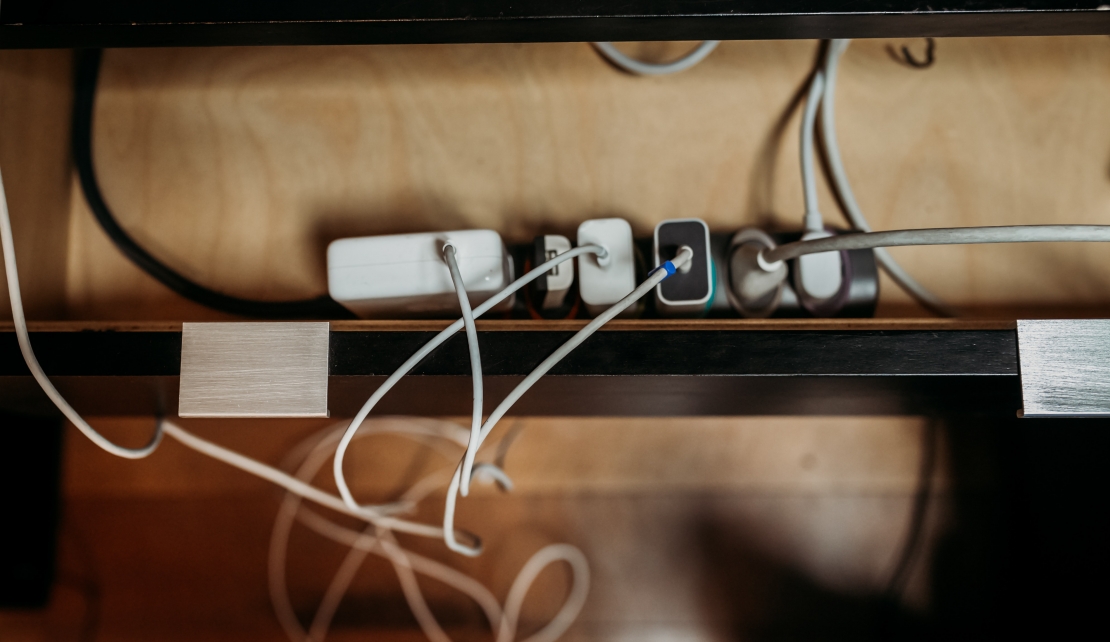Despite what some may expect of the digital generation, the leap into online learning during COVID-19 has not been smooth sailing for every millennial.
We are the digital generation. The ones who grew up during the dot com boom and lived through exponential developments in technology. We are the ones who live our lives on social media and see the world through the screens of our computers and phones.
So, when COVID-19 hit hard and forced us to all hastily change our ways-of-living, my generation was the most apt to adapt – and thrive! – to the new norms of everything virtual. Right?
As it turns out, things are not always what they seem.
When the fast and furious transition to online learning platforms hit tertiary institutions, it was less than two weeks before my friend Jo deferred her Bachelor studies for the Semester.
A self-professed introvert and digital artist, Jo has a strong online identity across numerous social media platforms and has built a digital community centred around her art. With over 10,000 followers on social media, it is easy to assume that she would have thrived in this time of virtual and remote learning.
But, for Jo, going online – really – means going offline.
Flicking on the phone screen or logging onto her computer is where my friend goes to switch off and decompress. She describes it as a social conditioning that she has built for herself and which – despite her digital savviness and online literacy – made the transition to virtual and remote study particularly challenging.
“I value my personal and alone time so much, I have a very clear headspace when I’m alone and headspace when I’m with other people. So, when I’m online, I’m in my own headspace. I’m not there to be social or, by extension, do my online studies.”
In her first two weeks of COVID-19 induced Zoom tutorials and digital lectures Jo naturally associated the learning experience to her creative activities and fell into her conditioned response “where I switch off very easily, go ‘offline’ and ignore everything”.
Admittedly, Jo had always struggled to stay accountable to her academic studies. This was her second round at pursuing a Bachelors’ degree. Despite a hunger to learn and an innate curiosity, Jo has always found the transition from highly structured rote learning in primary and secondary school to the self-directed and flexible learning styles of university quite difficult.
“For me, it is finding that balance between structured learning versus personal interest in learning… When you start to learn, people tell you what to do and eventually you are meant to get there on your own. That next step is the step that I find really difficult.”
The absence of face-to-face social contact and people-to-people accountability had an impact on Jo’s experience in a number of ways. Although the online learning was delivered in a participatory digital format, “it was more of a discussion type forum and far less interactive”. Simply put, the passive consumption of digital educational materials did not overlap with Jo’s learning style.
“I think that I really need to be held accountable for things… showing up to class put me in the mental space to be in a classroom environment. I had to prepare things, I had to work in advance… The sense of accountability means I can’t just show up and not know anything.”
Jo knows her love of learning and curious mind alone are not enough to hold the floor of her entire motivation for study. Deferring her university degree for the second time was disappointing but the new conditions around how to access knowledge and interact with others were limiting her rather than nourishing her curiosity. The shift to online learning without the mix of human interaction and being in a learning environment wasn’t working for Jo.
Jo’s story gives us some very important and rarely captured insights into the importance of getting the balance right around how learning sparks our imagination and interest. When we are with others and in a space that is not our own, our commitment can change. Our discipline can change. And our sense of accountability can change. If everything we learn happens through an online experience are some of those sparks and connections lost? Can we re-create them through virtual means? And do some people respond well to the new conditions, while others struggle to grow?
Expedited by the unprecedented effects of COVID-19, tertiary institution’s rapid transitions to online learning comes at a very relevant time. It throws up lots of questions. The digitisation of our education system is a growing trend in our evolving digital world – the increasing availability of Massive Open Online Courses (MOOCs) is evidence of this – and COVID-19 has, inadvertently, created a testing ground with food-for-thought on this trend.
I can’t help but wonder, what else can be learned from the lived experiences of young Australians who are grappling with online learning methods, studying remotely, at home, often with their families or alone. How are they feeling, what are they enjoying about it and what would they change if we were to ask them?
Gina Zheng is a freelance writer and consultant passionate about sustainability, clean energy, education and mental health. She has worked for a number of socially-driven and impact-focussed not-for-profits, and is currently a YLab Associate.



